Saint of the Day – 20 August – St Bernard of Clairvaux (1090-1153) – Abbot Confessor Doctor of the Church and the Last Father of the Church, “The Bard of Mary“- “Doctor Mellifluus”, Theologian, Reformer, Writer, Mystic, Preacher, Mariologist, Advisor, Mediator, Poet. Born in1090 at Fontaines-les-Dijon, Burgundy, France -and died on 20 August 1153 at Clairvaux Abbey, Ville-sous-la-Ferté, Aube, France). He was Canonised in 1170, only 17 years after his death, by Pope Alexander III. Patronages – Cistercians, beekeepers, bees, Burgundy and France, candlemakers, chandlers, Gibraltar, Knights Templar, Queens College, Cambridge, England, Speyer Cathedral, wax-melters, wax refiners. Attributes – White Cistercian habit, devil on a chain, white dog. St Bernard, the Founding Abbot of Clairvaux Abbey in Burgundy, was one of the most commanding Church leaders in the first half of the twelfth century, as well as, one of the greatest spiritual masters of all time and the most powerful propagator of the Cistercian reform.


St Bernard’s parents were Tescelin de Fontaine, Lord of Fontaine-lès-Dijon and Alèthe de Montbard, both members of the highest nobility of Burgundy. Bernard was the third of seven children, six of whom were sons. At the age of nine years, he was sent to a school at Châtillon-sur-Seine run by the secular canons of Saint-Vorles. Bernard had a great taste for literature and devoted himself for some time to poetry. His success in his studies won the admiration of his teachers. He wanted to excel in literature in order to take up the study of the Bible. He had a special devotion to the Virgin Mary and he would later write several works about the Queen of Heaven, hence his wonderful title “The Bard of Mary.”.
St Bernard would expand upon Anselm of Canterbury’s role in transmuting the sacramentally ritual Christianity of the Early Middle Ages into a new, more personally held faith, with the life of Christ as a model and a new emphasis on the Virgin Mary. In opposition to the rational approach to divine understanding that the scholastics adopted, Bernard would preach an immediate faith, in which the intercessor was the Virgin Mary.
Bernard was only nineteen years of age when his mother died. During his youth, he did not escape trying temptations and around this time he thought of retiring from the world and living a life of solitude and prayer.
In 1098 Saint Robert of Molesme had founded Cîteaux Abbey, near Dijon, with the purpose of restoring the Rule of St Benedict in all its rigour. Returning to Molesme, he left the government of the new Abbey to Saint Alberic of Cîteaux, who died in the year 1109. At the age of 22, while Bernard was at prayer in a Church, he felt the calling of God to enter the Cistercian Monks of Cîteaux. In 1113 Saint Stephen Harding had just succeeded Saint Alberic as third Abbot of Cîteaux when Bernard and thirty other young noblemen of Burgundy sought admission into the Cistercian order. Bernard’s testimony was so irresistible that 30 of his friends, brothers and relatives followed him into the monastic life.
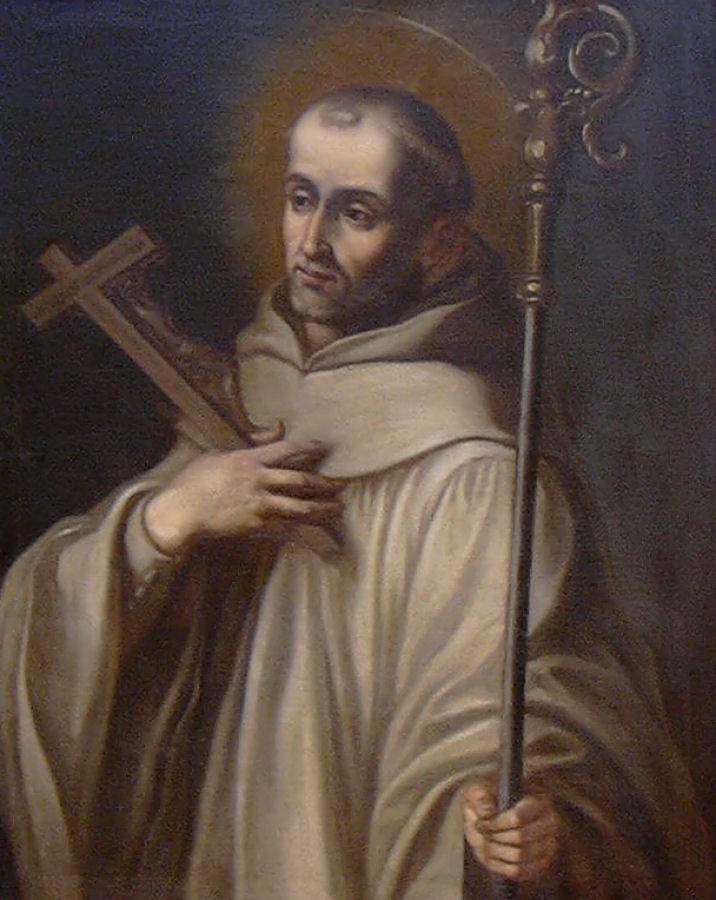

In 1115, St Bernard was sent to begin a new monastery near Aube- Clairvaux, the Valley of Light. As a young Abbot he published a series of sermons on the Annunciation. These marked him not only as a most gifted spiritual writer but also as the “cithara of Mary,” especially noted for his development of Mary’s mediatorial role.

oil on canvas 267 x 185 cm
The Peacemaker
St Bernard’s spiritual writing as well as his extraordinary personal magnetism began to attract many to Clairvaux and the other Cistercian Monasteries, leading to many new foundations. He was drawn into the controversy developing between the new monastic movement which he pre-eminently represented and the established Cluniac order, a branch of the Benedictines. This led to one of his most controversial and most popular works, his Apologia. Bernard’s dynamism soon reached far beyond monastic circles. He was sought as an advisor and mediator by the ruling powers of his age. More than any other he helped to bring about the healing of the Papal schism which arose in 1130 with the election of the antipope Anacletus II. It cost Bernard eight years of laborious travel and skillful mediation. At the same time he laboured for peace and reconciliation between England and France and among many lesser nobles. His influence mounted when his spiritual son was elected Pope in 1145. At Eugene III’s command he preached the Second Crusade and sent vast armies on the road toward Jerusalem. In his last years he rose from his sickbed and went into the Rhineland to defend the Jews against a savage persecution.
The Writer
Although he suffered from constant physical debility and had to govern a Monastery that soon housed several hundred Monks and was sending forth groups regularly to begin new Monasteries (he personally saw to the establishment of sixty-five of the three hundred Cistercian Monasteries founded during his thirty-eight years as Abbot), he yet found time to compose many and varied spiritual works that still speak to us today. He laid out a solid foundation for the spiritual life in his works on grace and free will, humility and love. His gifts as a theologian were called upon to respond to the dangerous teachings of the scintillating Peter Abelard, of Gilbert de la Porree and of Arnold of Brescia. His masterpiece, his Sermons on the Song of Songs, was begun in 1136 and was still in composition at the time of his death. With great simplicity and poetic grace Bernard writes of the deepest experiences of the mystical life in ways that became normative for all succeeding writers. For Pope Eugene he wrote Five Books on Consideration, the bedside reading of Pope John XXIII and many other Pontiffs through the centuries.
Final Years
The death of his contemporaries served as a warning to Bernard of his own approaching end. The first to die was Suger in 1152, of whom Bernard wrote to Eugene III, “If there is any precious vase adorning the palace of the King of Kings it is the soul of the venerable Suger”. Conrad III and his son Henry died the same year. From the beginning of the year 1153, Bernard felt his death approaching. The passing of Pope EugenE had struck the fatal blow by taking from him one whom he considered his greatest friend and consoler. Bernard died at age sixty-three on 20 August 1153, after forty years spent in the cloister. He was buried at the Clairvaux Abbey but after its dissolution in 1792 by the French revolutionary government, his remains were transferred to Troyes Cathedral.
Doctor of the Church
Bernard was Canonised by Pope Alexander III on 18 January 1174. Pope Pius VII declared him a Doctor of the Church in 1830. At the 800th anniversary of his death, Pope Pius XII issued an encyclical on Bernard, Doctor Mellifluus, in which he labeled him “The Last of the Fathers.” Bernard did not reject human philosophy which is genuine philosophy, which leads to God; he differentiates between different kinds of knowledge, the highest being theological. The central elements of Bernard’s Mariology are how he explained the virginity of Mary, the “Star of the Sea” and her role as Mediatrix.
Legacy
St Bernard was instrumental in re-emphasising the importance of Lectio Divina and contemplation on Scripture within the Cistercian order. Bernard had observed that when Lectio Divina was neglected monasticism suffered. He considered Lectio Divina and contemplation guided by the Holy Spirit the keys to nourishing Christian spirituality.
He “noted centuries ago: the people who are their own spiritual directors have fools for disciples.” Bernard’s theology and Mariology continue to be of major importance, particularly within the Cistercian and Trappist orders. Bernard led to the foundation of 163 Monasteries in different parts of Europe. At his death, they numbered 343. His influence led Alexander III to launch reforms that would lead to the establishment of canon law. He was the first Cistercian Monk placed on the calendar of Saints. He is labelled the “Mellifluous Doctor” for his eloquence. Cistercians honour him as the Founder of the Order because of the widespread activity which he gave to the Order.
Saint Bernard’s “Prayer to the Shoulder Wound of Jesus, ” the “Jesu Dulcis Memoria” and the Memorare are probably his most famous prayers.
Bernard is Dante Alighieri’s last guide, in Divine Comedy, as he travels through the Empyrean. Dante’s choice appears to be based on Bernard’s contemplative mysticism, his devotion to Mary and his reputation for eloquence. He is also the Author of the Poems often translated in English hymnals as “O Sacred Head, Now Wounded” and “Jesus the Very Thought of Thee“.
The Couvent et Basilique Saint-Bernard, a collection of buildings dating from the 12th, 17th and 19th centuries, is dedicated to Bernard and stands in his birthplace of Fontaine-lès-Dijon.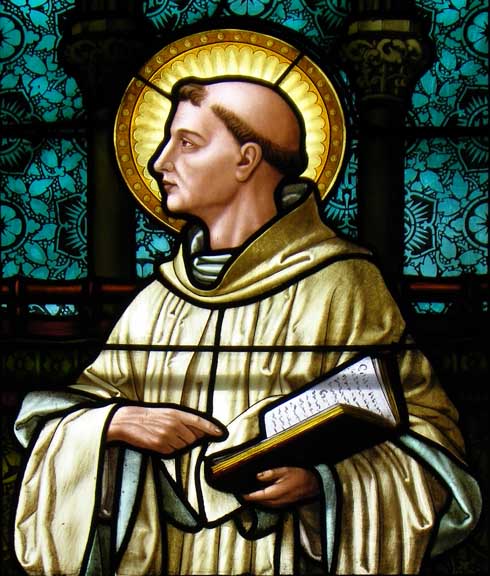
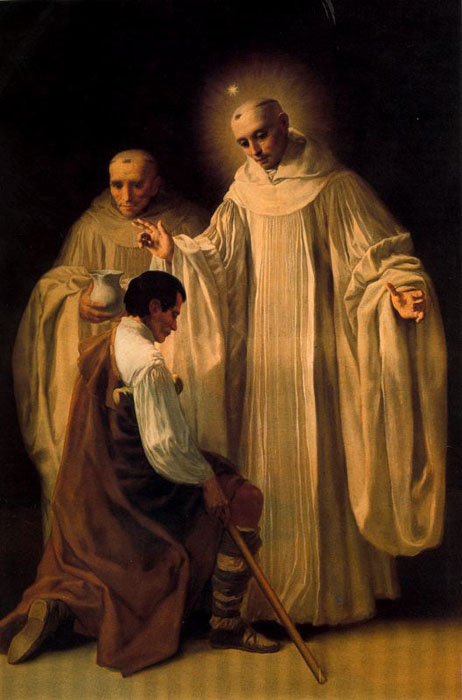

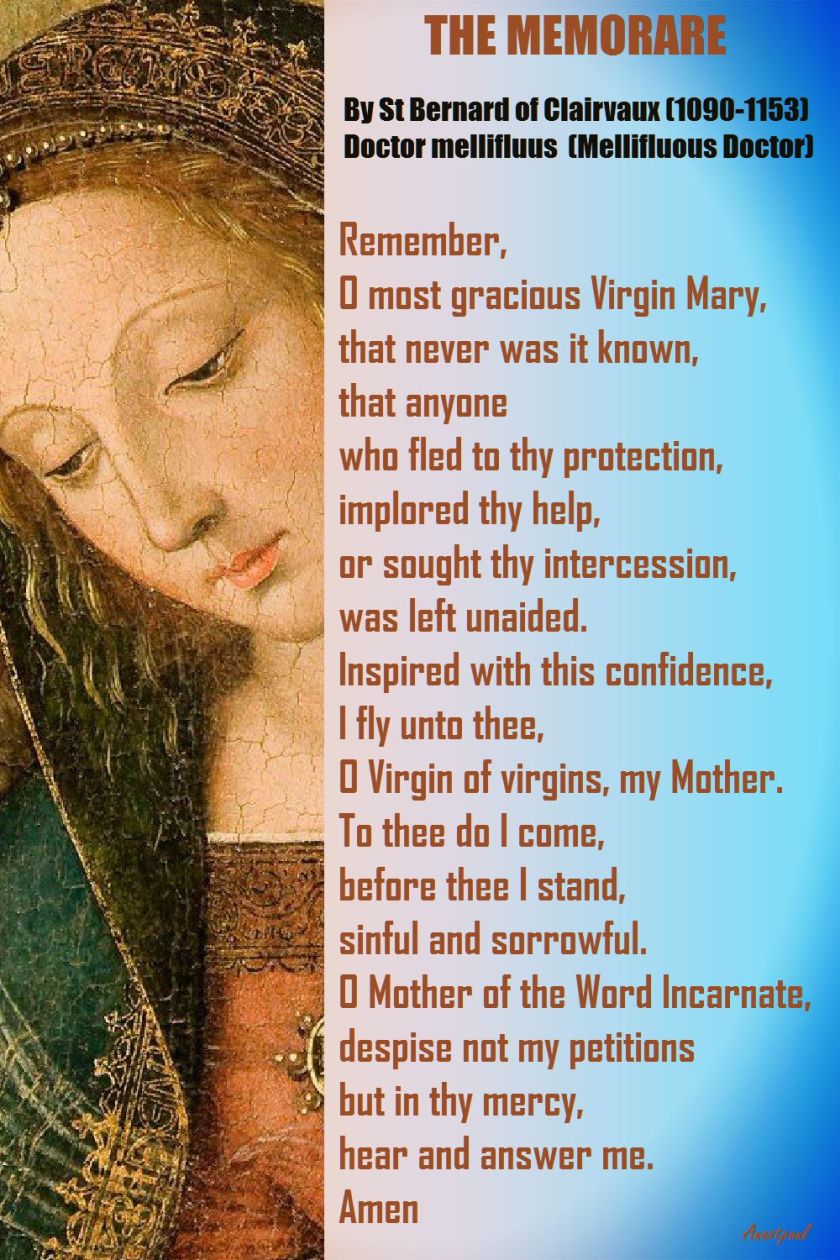

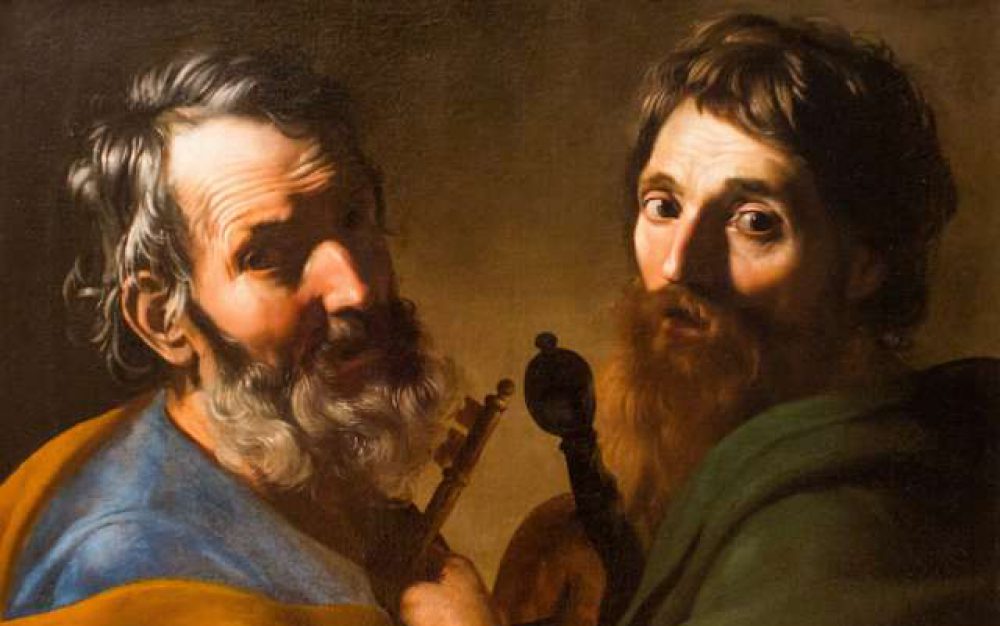

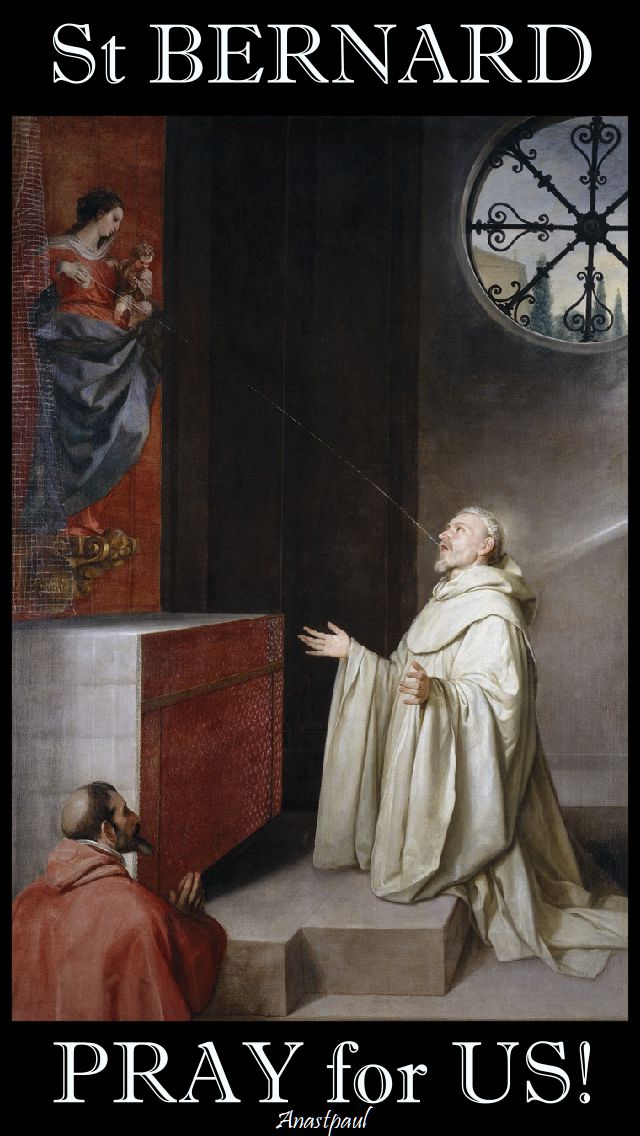

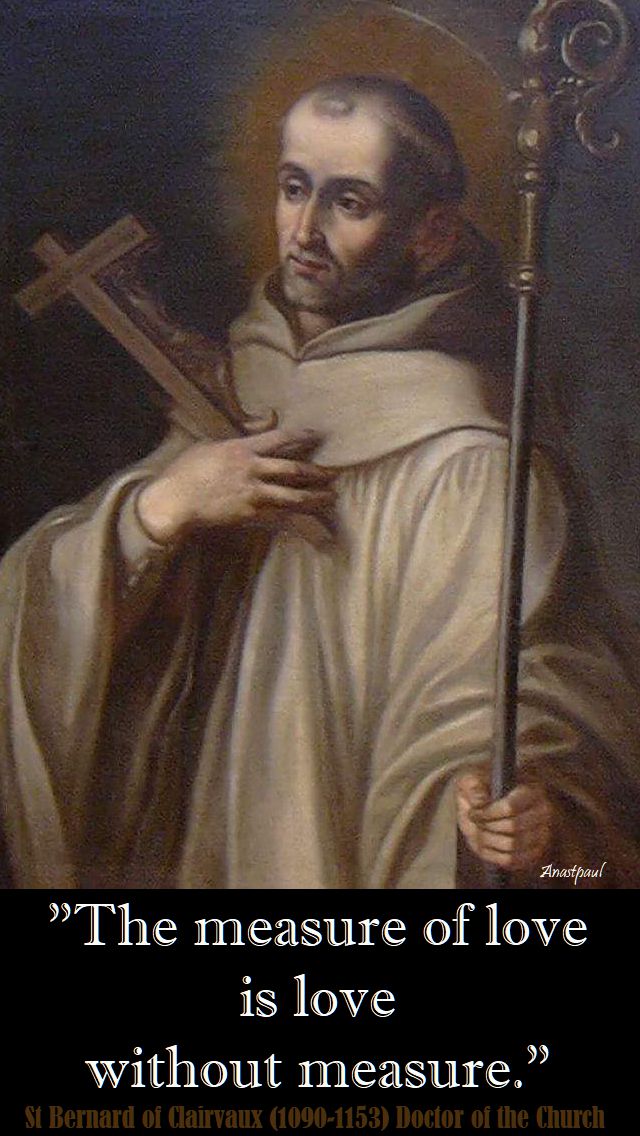
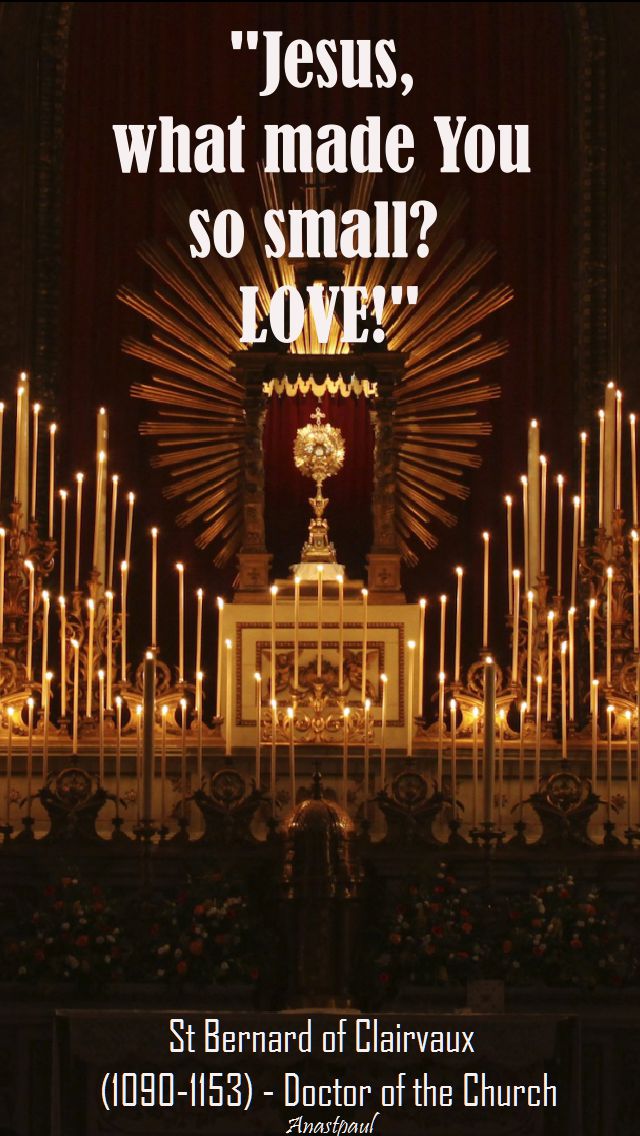
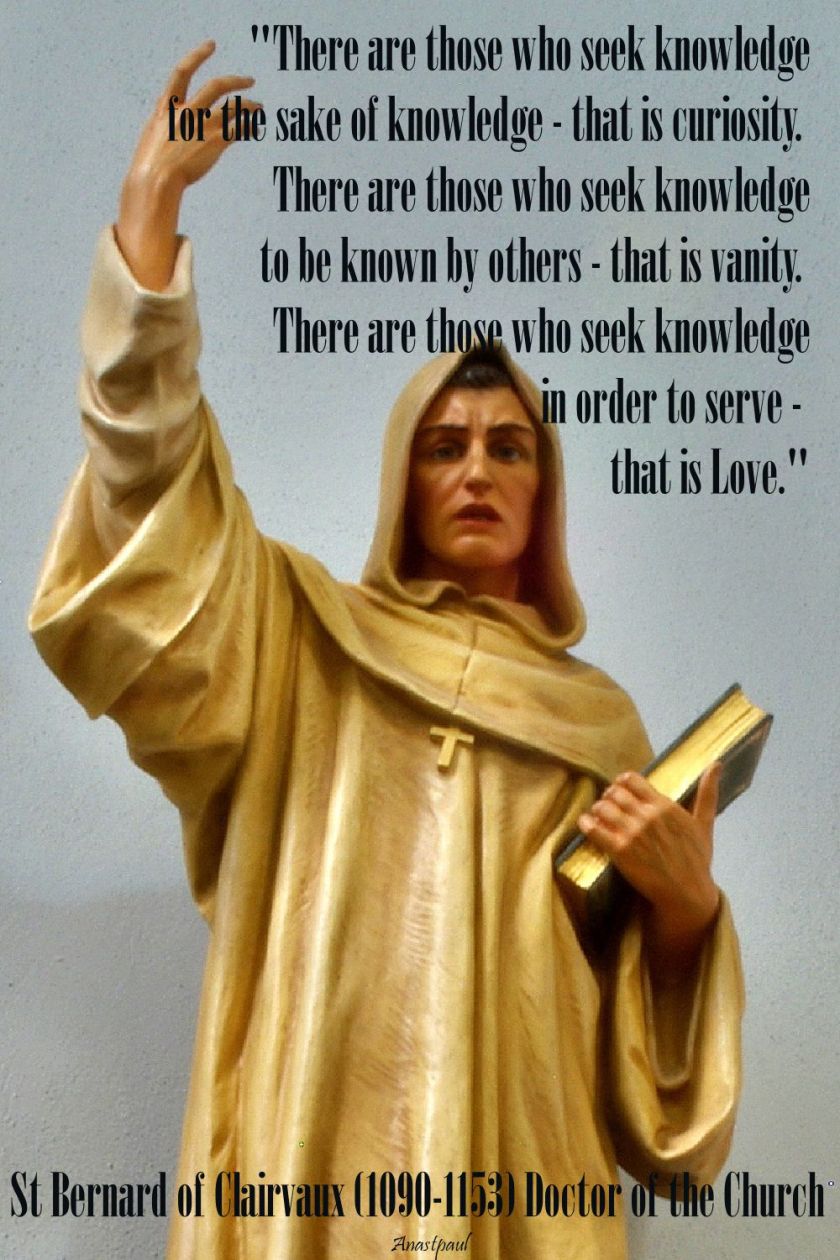

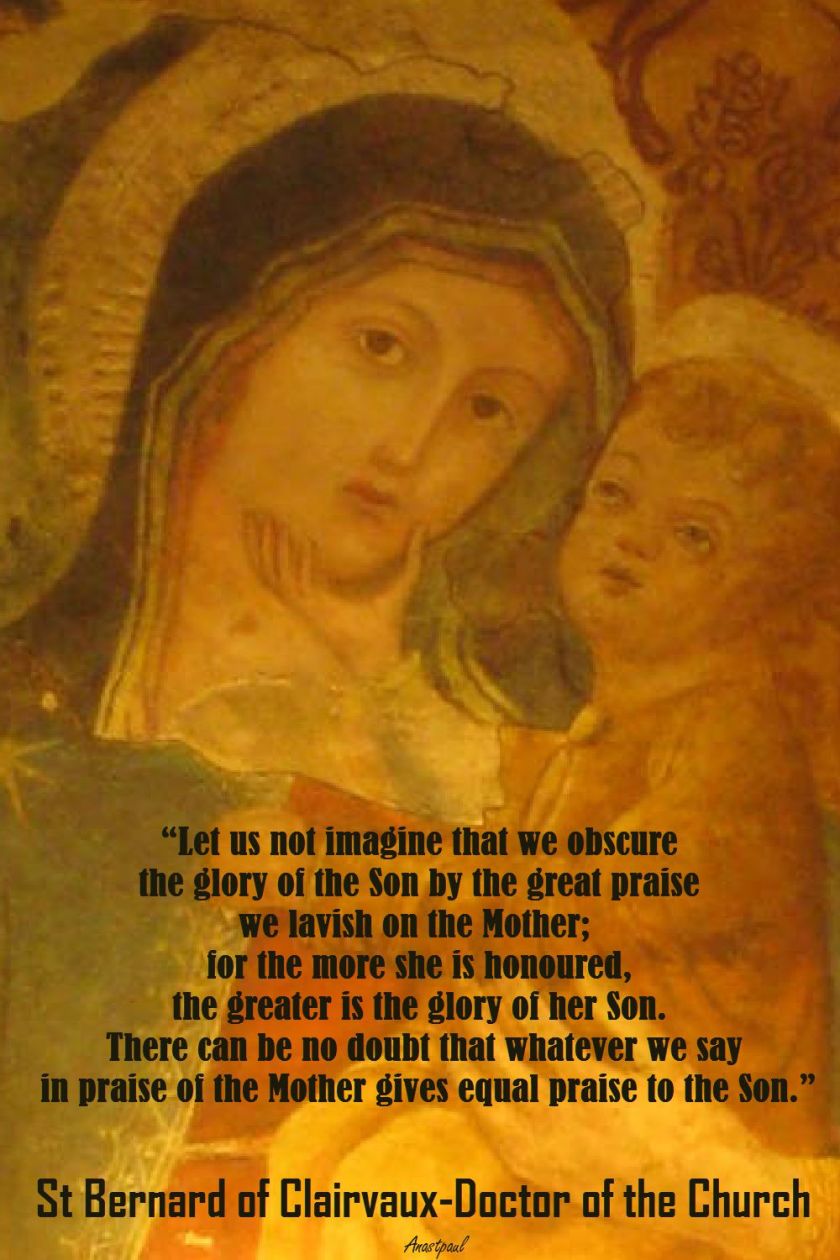
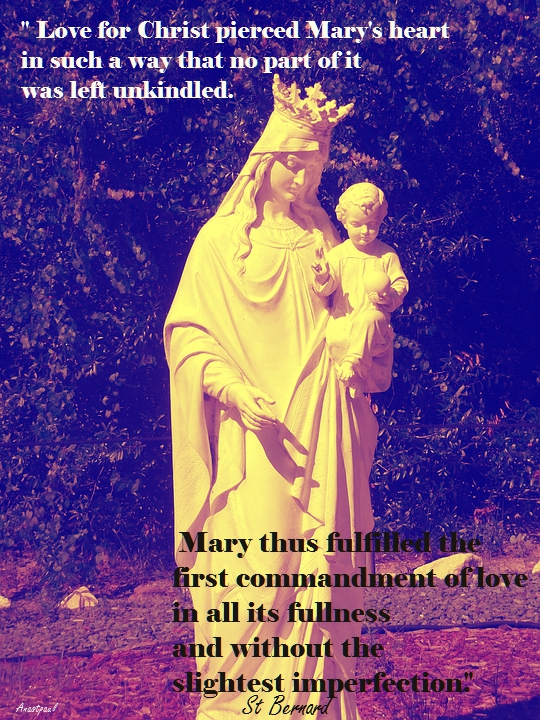
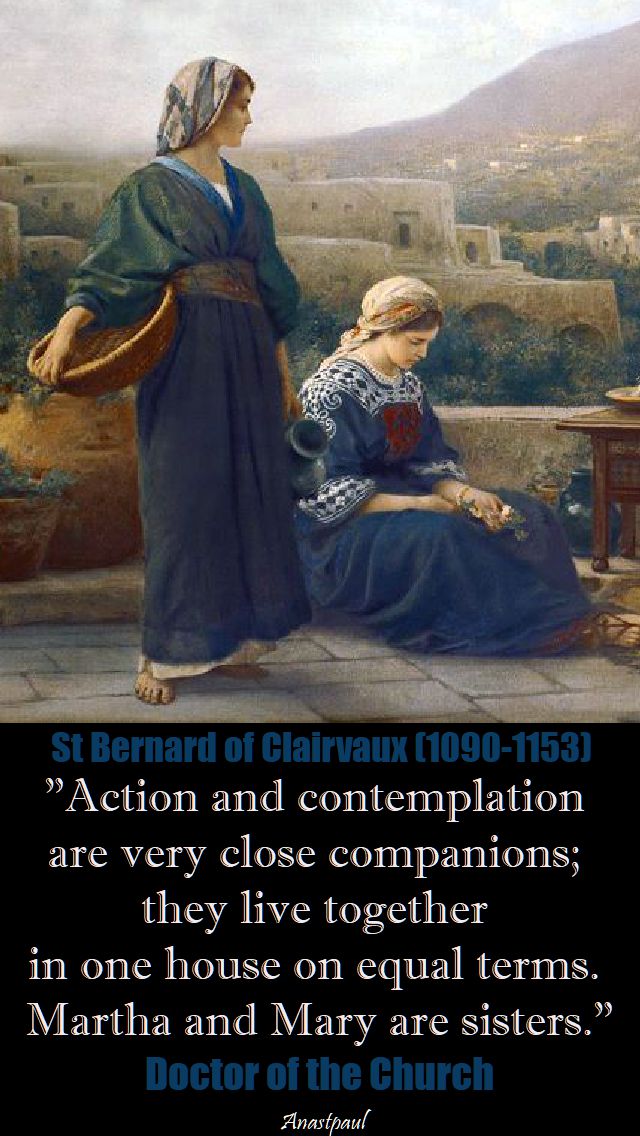
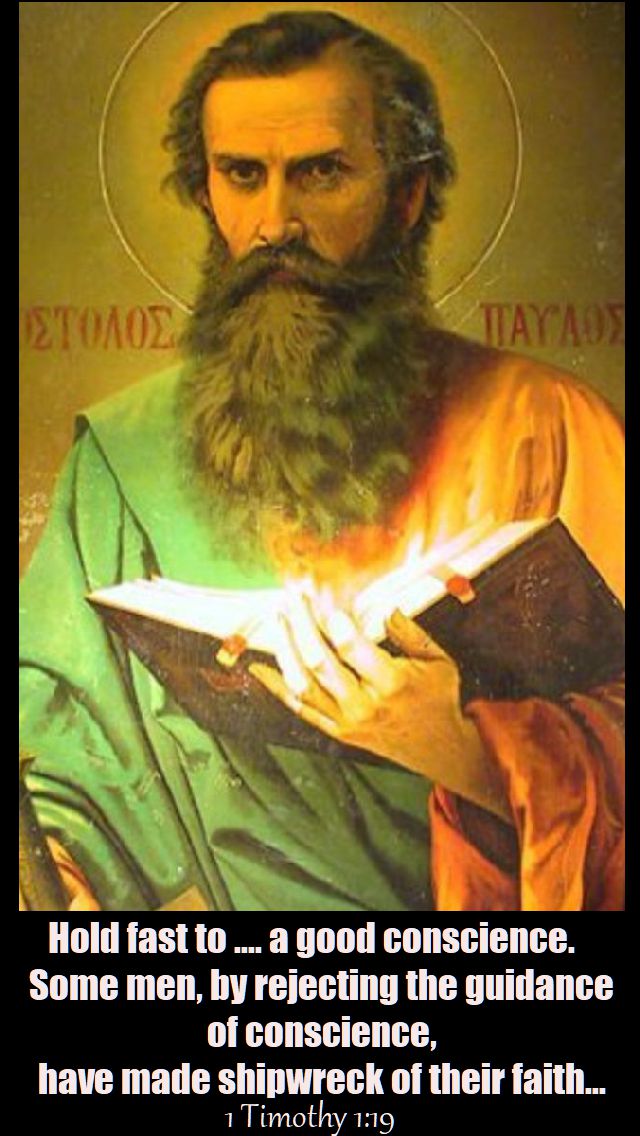

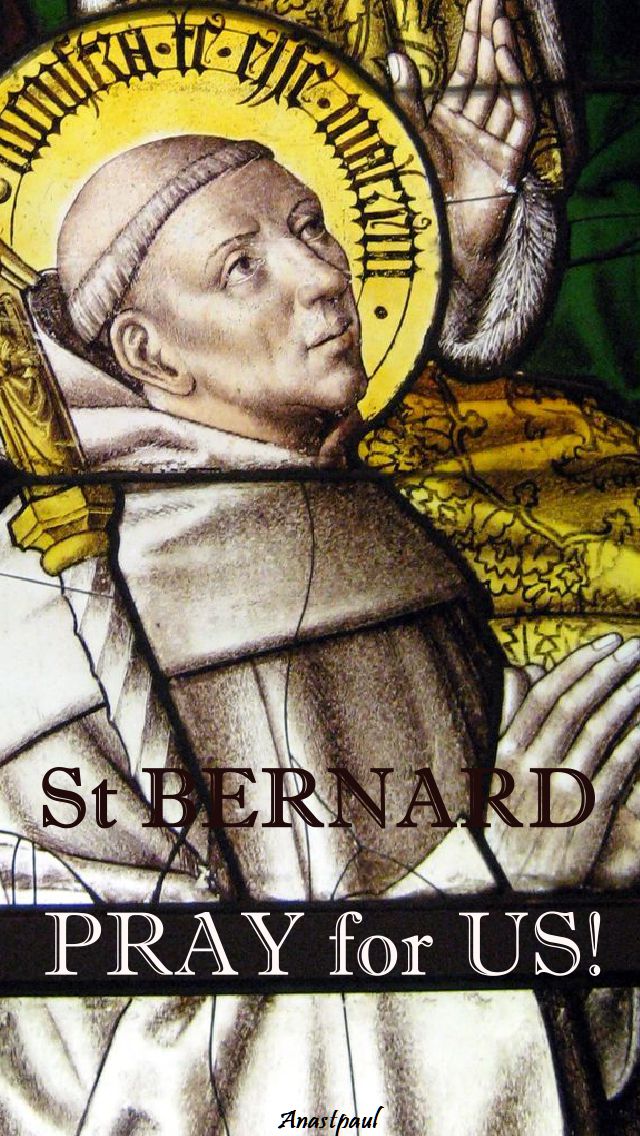


















You must be logged in to post a comment.